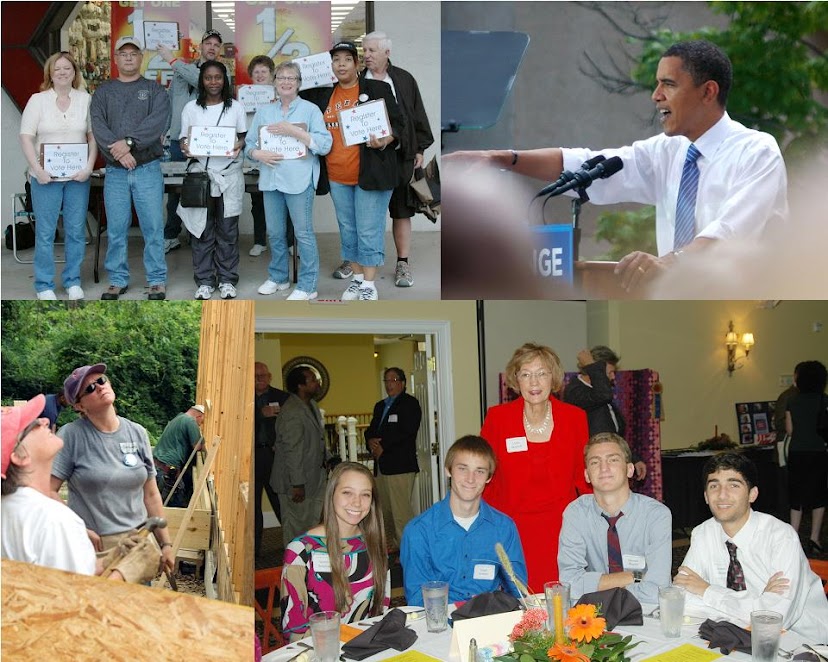Two good posts from Democracy NC
Wednesday, July 14, 2010:
- Unfortunately, the Second Circuit Court of Appeals ruled yesterday that the rescue fund provision in Connecticut’s public financing program is unconstitutional, because it chills the “free speech” (read: high-priced speech) of privately financed candidates whose excess spending triggers the release of extra funds to candidates in the public program. The Ninth Circuit took the opposition position in the McComish v. Bennett case in Arizona, ruling that rescue funds enhance speech and don’t stop the privately financed candidate from continuing to raise and spend money. The US Supreme Court put a stay on the provision in Arizona while it considers whether or not to review the McComish decision. The new decision in the Connecticut case makes it even more likely that the Supremes will examine the trigger provision, and most observers expect the court’s anti-voter, pro-corporate majority to strike down the provision. North Carolina’s three programs for some judicial, executive branch and local elections all have trigger provisions and will likely need revision next year when the court makes its decision. Meanwhile, the programs can proceed, despite rants from the rightwing, and the underlying framework of voluntary public financing incentives is not in jeopardy. In a separate opinion, the Second Circuit also upheld Connecticut’s ban on contractors and prospective contractors from contributing to state officials, but the decision is closely linked to a corruption scandal that sent the state’s governor to prison; bans on lobbyists making contributions and contractors raising funds for candidates were struck down as too broad.
Tuesday, July 13, 2010:
- A California news story highlights how wealthy interest groups are willing to invest millions in local elections, often hiding behind pretty names and saturating a small legislative district with attack ads. We’ve seen it with “Farmers for Fairness” in North Carolina, a front group for a handful of multi-millionaire hog producers. The battle between insurance companies and trial attorneys that is played out in virtually every state legislature continues during the campaign season as each side sponsors electioneering activities, allegedly independent of their favored candidate and therefore less regulated. The Supreme Court's Citizens United decision promised to increase such activity by gutting prohibitions against direct corporate spending close to Election Day. Legislation adopted last week by the NC General Assembly (H-748) conforms state law to that court decision, but also expands the disclosure requirements on independent advocacy and electioneering efforts. It began in much weaker form in an effort to win support from anti-regulation conservatives, but fortunately got stronger in many respects under pressure from Democracy North Carolina and others. Given the contentious election ahead, we’ll likely see how well implementation of the new legislation informs the public about which group is investing how much of whose money in what race.

No comments:
Post a Comment